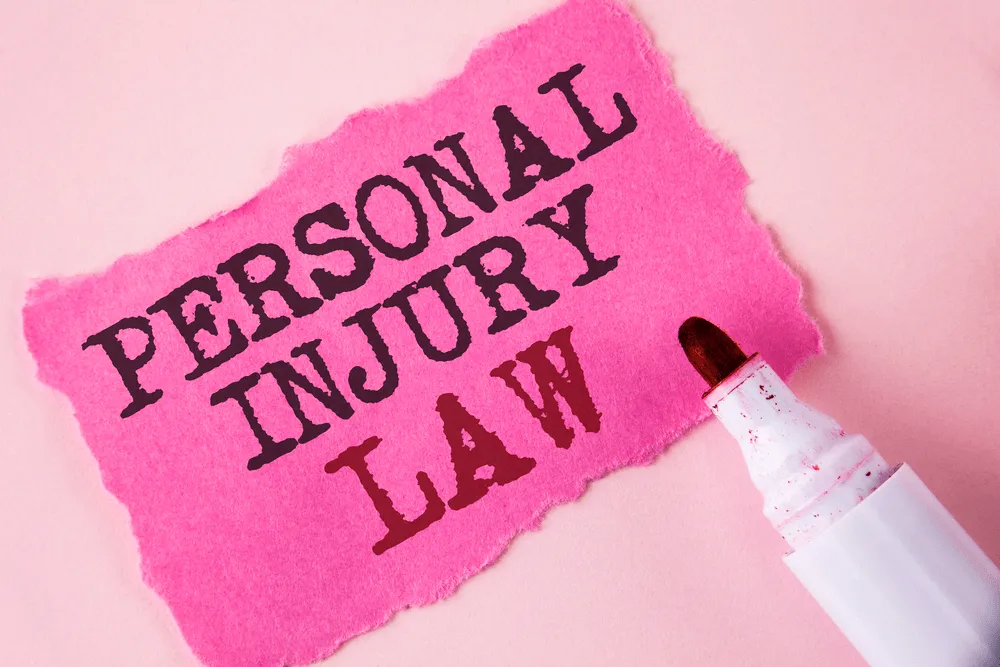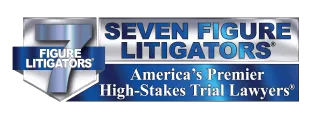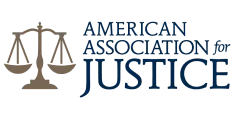It’s easy to feel overwhelmed immediately after an injury. And it’s just as easy to think you can simply rest; that you don’t need to call a personal injury lawyer right away. But in truth, time is not on your side. Not only do you need to be cognizant of the statute of limitations that governs injury claims in Cheyenne, Wyoming, but you must also think about the future – and that means considering how a prompt financial settlement could help you and your family.
Personal Injury Lawyer FAQs: What Is the Statute of Limitations on an Accident Case in Cheyenne, Wyoming?
In Wyoming, the statute of limitations for personal injury cases is four years from the date of the injury. You can find this in Wyoming Code Chapter 3 – Limitation of Actions, which explains the statute in extensive detail. It should be noted this code pertains to personal injury claims filed against private parties, such as an individual or privately held company.
If you have a claim against the government, the statute of limitations is just two years. Within that time, a formal written notice of the intent to file a claim must be provided. Following that written notice, the actual lawsuit must be filed within one year. Likewise, the statute of limitations is two years in medical malpractice cases as well.
What Is a Statute of Limitations?
At the most basic level, this legal constraint limits the amount of time one party can file a lawsuit against another. The purpose is to prevent parties from being named in suits for events that happened many years earlier. But a statute of limitations protects the plaintiff, too. To illustrate, a party may feel incentivized to pursue a claim earlier rather than later – and in so doing, receive a potential settlement more quickly.
A statute of limitations also ensures cases are decided on evidence – physical, eyewitness, or otherwise – that hasn’t eroded with time. Even with the best of preservation efforts, evidence can lose its integrity as years accumulate. Photographs from the crime scene may go missing, or an eyewitness may forget crucial details. This interferes with the judicial process and harms a plaintiff’s chances of receiving fair compensation.
When the Statute of Limitations Is Breached
If you’ve run out the statute of limitations on your case, you may be barred from recovery. It’s not the court that typically notices this breach, but the defendant. And once they bring it to the judge’s attention, your case may be dismissed.
Sometimes an extension is granted if the injury was not immediately discovered – for instance, if you were injured in a car accident but only felt the effects later – or if the party was under 18 when the injury occurred. In any event, it’s best to discuss your case with a personal injury lawyer. They will assess the circumstances and determine if you’re eligible to pursue damages.
Additional Reasons You Shouldn’t Delay
Aside from the statute of limitations, you should immediately contact an attorney following a personal injury for other reasons. For instance, your own insurance policy may require notification of potential legal claims in a period that is much less than four years. In fact, this window may be as little as one year.
Even before this, however, you need to immediately inform your insurer of the accident. Doing so within hours or days of your injury will help preserve your right to pursue compensation. An insurance provider will require proof that your injuries were caused by the accident. This proof becomes much harder to provide if you wait several weeks or even a month to file an insurance claim. Likewise, it also becomes more difficult to obtain a favorable settlement.
Control the Narrative
Taking swift action allows you to control the narrative. This gives the other party less time to spin the facts in their favor. To illustrate, the driver responsible for causing the crash might wrongfully say you were distracted, speeding, or otherwise acting in a negligent manner at the time of the collision. This can plant a seed of doubt that you and your attorney will need to work hard to refute.
It’s important you craft your own timeline of the events leading up to the accident as soon as you feel well enough to do so. But never give an official statement to either your insurance provider or that of the other driver – unless your Cheyenne, Wyoming lawyer advises you to do so. Many times, an adjuster will parse your statement for contradictions, inaccuracies, or other issues that can be used to undermine your credibility and case.
Prevent Evidence From Being Altered
Earlier, we briefly discussed evidence, but this is a topic worth circling back to. If your accident occurred in a populated area, it was likely caught on camera. But if you don’t obtain copies of the video in a timely manner, you risk surveillance footage being erased, altered, or taped over before you can provide it to the insurance company.
Authorities may conduct breathalyzer, field sobriety, and other tests at the site of an accident to determine if alcohol was a factor. You should request these tests be completed as soon as the police arrive to garner the most accurate results. In turn, those results will typically become part of the police report that is submitted to your auto insurance provider.
See the Bigger Picture
Keeping evidence intact makes it much easier to provide an accurate and coherent story of how the accident occurred. This can increase the chances that an adjuster will approve your claim in a timely manner, which effectively ends the need to pursue additional action. If an insurance claim is not resolved to your satisfaction, an abundance of evidence can make it easier to receive a settlement in a fairly short period of time.
How Do You Know You Have a Case?
To illustrate this point, we’re going to use a boat scenario. On a warm sunny day, you decide to take a small boat to the lake, where you enjoy solo sailing and fishing trips. You load your supplies into the boat and then leave the shore, moving with the freedom of the wind. After you’ve reached a favorable distance, you cast your line and start fishing.
Shortly after, you hear the blast of a horn from behind you. With nearly no warning, an enormous boat is headed straight toward you. You have no time to move your craft and instead jump into the water. Pain flares in your shoulder and legs. Once you surface, you see pieces of your boat floating in the water. It’s destroyed.
The Legalities
Once you’ve pieced together the situation, you can ask yourself some questions. Are you hurt? The answer in this case is yes. You have pain in your shoulder and legs that ensued after you jumped into the water.
Did another person violate the law or act in a negligent way? Again, the answer is yes. The driver of the other boat drove straight at you without trying to turn or give you enough warning to get out of the way. Finally, did that negligence result in damages? Because your boat was destroyed and you now need to see a medical provider for your injuries, the unequivocal answer here is yes.
If you’ve been injured in an accident, time is of the essence. You should contact a personal injury lawyer in Cheyenne, Wyoming, as soon as possible to comply with the state’s statute of limitations. Prompt action also safeguards your right to seek damages and helps preserve evidence relative to your case. Schedule your consultation today by contacting Ochs Law Firm.







